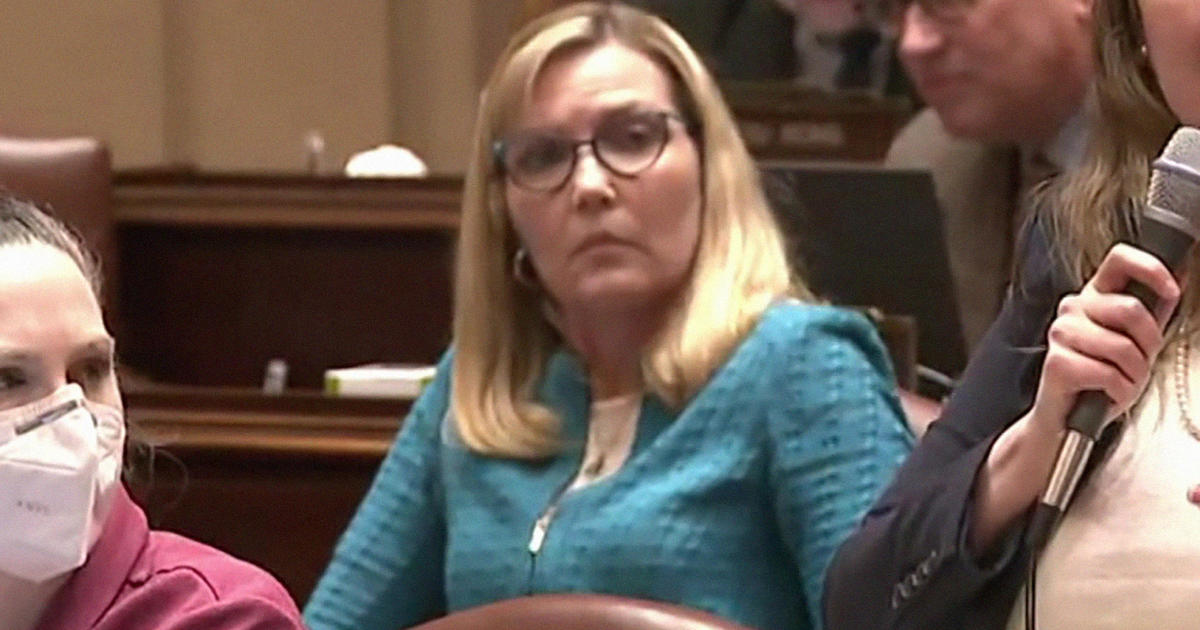Minn. Senate Leader Wants Higher Amendment Bar
ST. PAUL, Minn. (AP) — Following the failure in November of two constitutional amendments championed largely by Republicans, DFL lawmakers now at the Capitol's helm said Thursday they want to make it tougher to put such measures on the ballot.
Senate Majority Leader Tom Bakk is sponsoring of one of the Senate's first bills of the new session, which if passed would require a vote of three-fifths of the Legislature in order to put a proposed constitutional amendment on the statewide ballot. Currently, it takes a simple majority of lawmakers to forward amendments to the ballot, and unlike most bills, doing so does not require the governor's signature.
Bakk called last fall's campaigns over the failed amendments to ban gay marriage and to require a photo ID to vote "costly, inefficient and ugly." Republicans who controlled the Legislature in 2011-12 put both amendments on the ballot over near-unanimous opposition from legislative Democrats and Gov. Mark Dayton, also a Democrat.
"We need to try to make sure that attempts by the Legislature to amend our sacred constitution will require bipartisan support," Bakk said.
State Sen. Mary Kiffmeyer, R-Big Lake, was chief House sponsor of the photo ID amendment; she was elected to the state Senate in November. She said Thursday that she hoped Democrats would not make it harder to put amendments on the ballot, arguing it would take power out of the hands of voters.
"That would make the Legislature the gatekeeper. They'll be the blocker," said Kiffmeyer, who served as Minnesota's secretary of state from 2003-2007. "It definitely shuts out the voice of the people."
Kiffmeyer said the state should go in the other direction. She supports a process of initiative and referendum, found in numerous states including California, that allows citizens and interest groups who gather enough petition signatures to put amendments on the statewide ballot without input from legislators.
Bakk's bill would also require the House and Senate to vote on proposed amendments in separate calendar years, potentially slowing the process of getting them to the ballot.
Bakk is not the only Democrat seeking such changes, though different approaches are being mulled.
DFL Rep. Kim Norton of Rochester and some colleagues are pushing a constitutional amendment governing future constitutional amendments, which would set a lower threshold than Bakk, requiring a vote of two-thirds of lawmakers to put amendments on the ballot. Norton introduced her proposal Thursday and said she'd like to see it on the 2014 statewide ballot.
Democrats seeking to make the placement of constitutional amendments more difficult may be able to count on some GOP support. Rep. Andrea Kieffer, R-Woodbury, filed a similar bill Thursday that incorporates aspects of both Bakk's and Norton's proposals.
(© Copyright 2013 The Associated Press. All Rights Reserved. This material may not be published, broadcast, rewritten or redistributed.)



